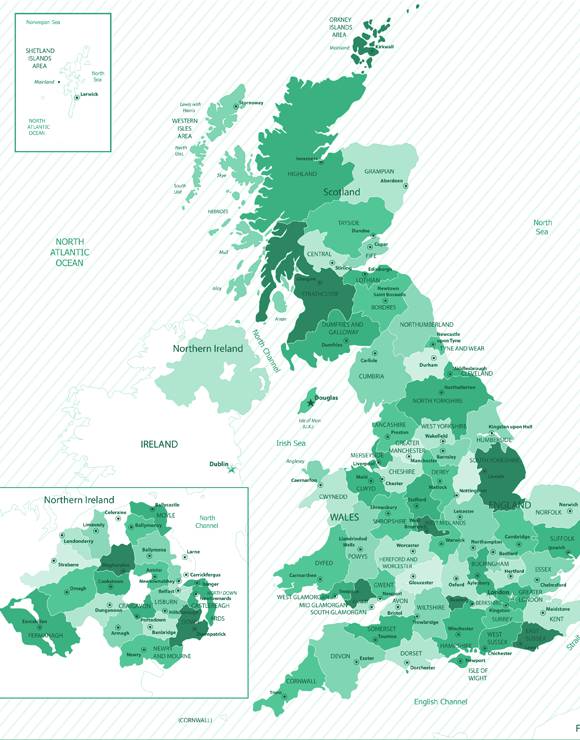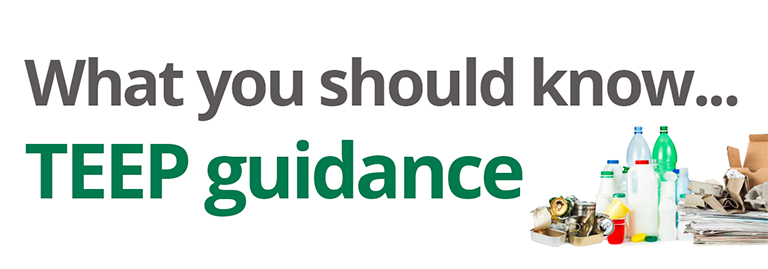TEEP Regulations
1st January 2015
On the 1st January 2015 the TEEP regulations come into force in England and Wales. The regulations place a legal responsibility on a variety of parties to assess the impact of increased obligations on recycling.
Where Technically, Environmentally and Economically Practicable (‘TEEP’) separation of the main four recyclable materials (paper, plastic, metal, glass) for collection becomes a legal obligation. This applies to domestic collections as well as commercial waste and is intended to create higher quality recyclable materials for secondary purposes.
The Regulations do not just apply to household waste, or to local authorities. All collectors and all waste, whether dry recyclables, food, bulky, commercial, industrial, construction, clinical or hazardous, falls within the scope of the waste hierarchy. All collection methods, including household waste and recycling centres, bring banks, street and beach cleansing and litter bins need to be considered. ‘Collection’ means “the gathering of waste, including the preliminary sorting and preliminary storage of waste for the purposes of transport to a waste treatment facility”.
‘Collection’ is understood to take place when waste discarded by a householder or business is transferred from their control to the collector’s – for kerbside collections, when the person’s waste container is emptied or removed; and for bring sites, household waste recycling centres and street litter bins, when the person deposits the waste in the container. You will need to make reasonable estimates of the composition of the waste arising within your area that you collect.
- Composition information will be key to deciding which waste streams can be collected separately, and how effective current collection systems are.
- Compositions should be broken down in detail to avoid large quantities of material being shown as ‘other’ or ‘mixed’ waste.
- You need to start with a clear picture of your current waste collection system:
- Which materials are collected separately from one another?
- Which are collected co-mingled, but separate from refuse?
- Which materials are not targeted by recycling collections and remain in residual waste?
- What does it cost to operate?
- Would you incur any additional costs if you exited or amended any current collection contract?
Ribbex offers collections of co-mingled recyclables and separate glass and food waste competitively which also ensures compliance under the new system.



